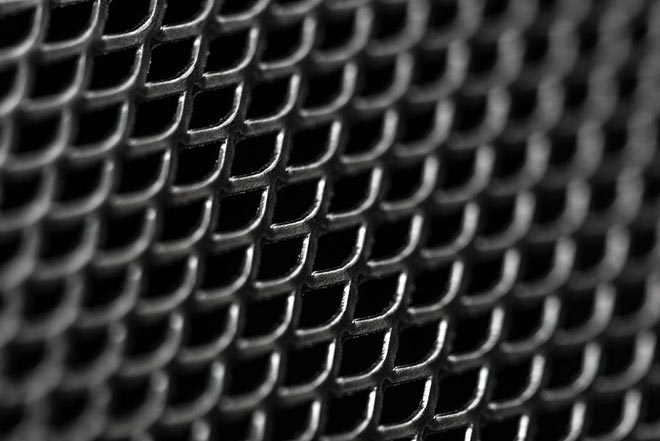Newark Wire News
Newark Wire News
Wire Cloth in Chemical Manufacturing: Applications Are Endless When The Engineering Is Right

In chemical manufacturing, selecting the best wire cloth for filtration is a little like choosing the right wardrobe. A tuxedo in a football game probably won’t work out well.
Fortunately for an industry that ranges widely in exposure to harsh environments and corrosive materials as well as the size of the material to be captured or passed through, wire cloth is astonishingly flexible and adaptable. For proof, there’s no need to look farther than the vast array of successful wire cloth applications within the industry today.
Choosing wire cloth is easy but not simple
If it were difficult to select wire cloth as the right material for a chemical manufacturing solution, there would probably be a lot less of it in use. So picking the material is easy. Choosing the best wire cloth for a particular application is not so simple.
For example, in a liquid waste system, a number of factors have to be taken into account, including:
- Temperature
- Viscosity
- Pressure drop requirements
- Specific gravity
- Particulate matter size
- Flow rates
- Kind of contaminants
- Corrosive effects
Whatever all these factors add up to, there almost certainly will be a wire cloth solution. But which one?
So many choices, so much to lose
Deciding on a particular wire cloth can have significant consequences. That’s why it’s important to know the parameters that have to be dealt with and the range of solutions that to deal with them.
As for the range of possible solutions, the field is crowded. Any malleable metal or alloy can work. Here are a few examples of materials used to make metal cloth:
- Stainless steels of several kinds
- Common metals, such as steel, copper, etc.
- High-nickel alloys
- Aluminum
- Bronze
- Phosphor bronze
- Nickel-chromium
- Platinum
- Gold-plated metal
- Titanium
Choosing the best material is just the beginning. Other considerations, such as retention size, to make sure the wire cloth can properly capture particulate matter from the influent stream. Retention size involves the size of the particulates, wire diameter and mesh count. Then, even after the retention size has been clearly determined, the recommendation is to install a filter with a retention size a little smaller than necessary because standard tolerances come into play.
And there’s more. Even if the retention size is right for a standard square-weave mesh count, a particular wire cloth might not be best for the job. Something more robust might be called for, like a twilled Dutch weave wire cloth. In some cases, no standard product will suffice, and the filter has to be custom-engineered.
Suffice it to say that, in many instances, getting the wire mesh cloth choice right the first time can be critical to efficient, cost-effective chemical manufacturing. To ensure that this part of the manufacturing process best serves its purpose, it’s wise to consult the experts.

When in doubt, shout out
Like many other manufacturers, a wire cloth maker can have experts on staff whose function might be research and development but also a source of expert advice on requirements for various applications. These professionals are not only able to make recommendations for the best materials, weaves, mesh counts and other factors but also the most economical alternatives. After all, there can be more than one answer to a filtration problem.
To make selection of wire cloth as easy and simple as possible, these are the things to remember:
- The options are plentiful. There is a standard or custom-engineered solution to virtually any wire cloth application
- All the contributing factors, including particulate size, flow rates, potential for corrosion, temperature and viscosity, among others, have to be brought under consideration
- Expert advice from the manufacturer can be extremely helpful, saving time and costs and ensuring the best possible outcome
For more than 107 years, Newark Wire has specialized in fabricating standard and custom wire mesh products. Contact the company for more information about wire mesh and its applications in chemical manufacturing.
